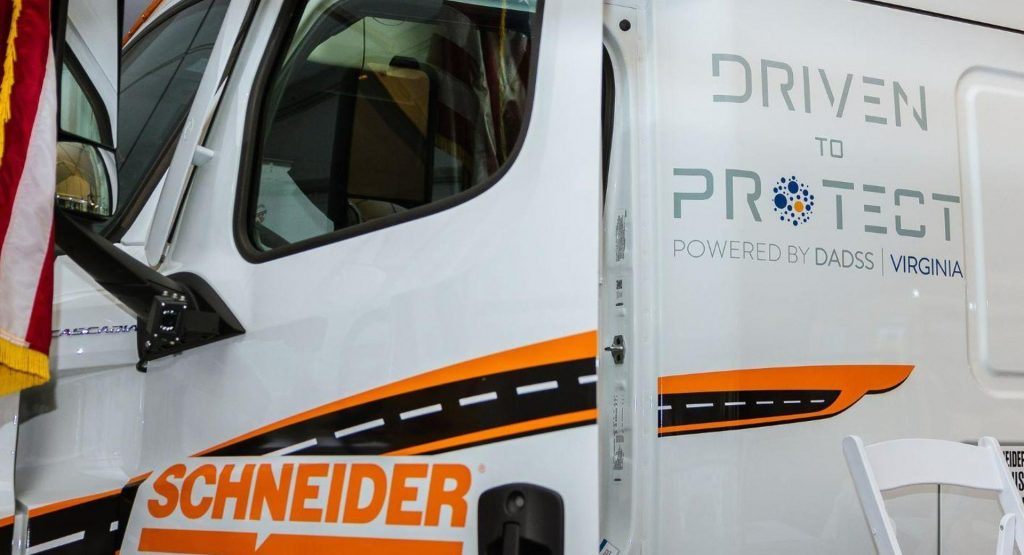The government is working on legislation that will require new vehicles to include breath or touch sensors that can detect when a driver is under the influence of alcohol. With the intention of making roads safer, the technology would make the vehicle undrivable if a blood-alcohol level of above .08 percent is detected. Development is already underway.
According to data from the National Highway Traffic Safety Administration, more than 10,000 individuals perished in crashes involving an alcohol-impaired driver in 2019. That makes up almost 30 percent of all traffic fatalities it says. To that end, it’s working with a group of automakers to develop the safety device described above.
The group of automakers calls its partnership the Driver Alcohol Detection System for Safety program and it’s working on a number of possible solutions. Both breath analyzers and touch sensors that utilize infrared light are on the table for future production vehicles. Each one would be capable of disabling the vehicle if an unlawful B.A.C. (blood alcohol content) is the result of testing.
Related: Anti-Drunk Driving Systems To Be Required In New Cars In America
That would surely diminish the number of drunk driving incidents, accidents, and arrests around the country, even if exploits are used by some. Sometime this year, Schneider, a truck safety technology company is planning to conduct trials for the current DADDS in-vehicle alcohol detection system.
The specific language of the federal mandate handed down by the NHTSA, the new technology must “passively monitor the performance of a driver of a motor vehicle to accurately identify whether that driver may be impaired.” Touch sensors would certainly be less intrusive to many compared to a breathalyzer.
Still, some criticism has been sparked by those that feel like this is too intrusive. From an enthusiast’s perspective, it seems like a no-brainer that taking impaired people off of the roads is only a good thing. Of course, no technology works 100% of the time so surely, at times, perfectly sober people would end up with a paperweight instead of a car at times.
The technology could be required in every new car starting as soon as 2026 and is only one of many new technologies that the NHTSA is considering for future mandates. Another is intelligent speed assist which sounds considerably less palatable. Have a look at those propositions here.




